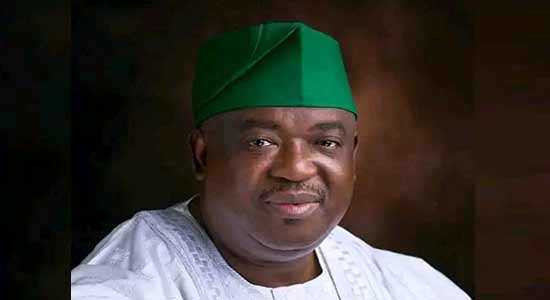From Jude Owuamanam, Jos
As the 10-day national protest against economic hardship embarked upon by Nigerians ended yesterday, a coalition of youths in Plateau State has presented a charter of demands to President Bola Tinubu.
The charter of demands was prevented to Governor Caleb Mutfwang at a town hall meeting with the organisers of the protest at Government House, Little Mayfield, Jos.
Presenting the demands, the spokesman of the coalition, Mr Sam Odeh, said that they will hit the streets again if their demands were not met.
Odeh said that their demands were neither arbitrary nor self-serving, pointing out that they reflect the deep-seated yearnings of Nigerians for a fair, just, and prosperous nation.
Among their demands were to end the fuel subsidy scam and reverse fuel price to below N300 per litre, bring tertiary education fees back to their previous rates by reversing subsidies and restore electricity tariffs to affordable rates.
They said that the recent increases in electricity tariffs have made it difficult for ordinary Nigerians to afford basic utilities. We demand the restoration of electricity tariffs to affordable rates to alleviate the economic pressure on households and businesses.
The coalition also demanded the return of import duties to their previous rates, saying that
the exorbitant import duties have stifled business growth and escalated the cost of living.
They also want the government to publicly disclose and reduce the salaries and allowances of all senators, House of Representatives members, and the Speaker.
The youths also demanded a reduction in school fees, account for the N26 billion said to be a loan from the Federal Government to the state and payment of the new minimum wage.
The governor, while addressing the youths, said that he would present their demands to the president on Tuesday at the Council of States meeting in Abuja.
Mutfwang also took time to outline some policies of the state government, which will make it impossible for them to return to the streets again, said that he’s committed to the welfare of the entire people of the state.
He also took time to explain that some of the issues prevented by the youths were those concerning the Federal Government, especially hikes in electricity tariffs, salaries of lawmakers and other fiscal policies.
The governor also explained the issue of the N26 billion was not a loan, but an investment portfolio, which the state is reaping from.
Mutfwang also explained that the issue of the new minimum would be tabled before the Council of States, saying that he would only pay what the capacity of the state could carry.
He disclosed that even at N30,000, about six states in the North have not been able to implement the minimum wage.
